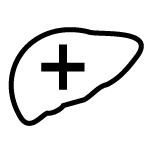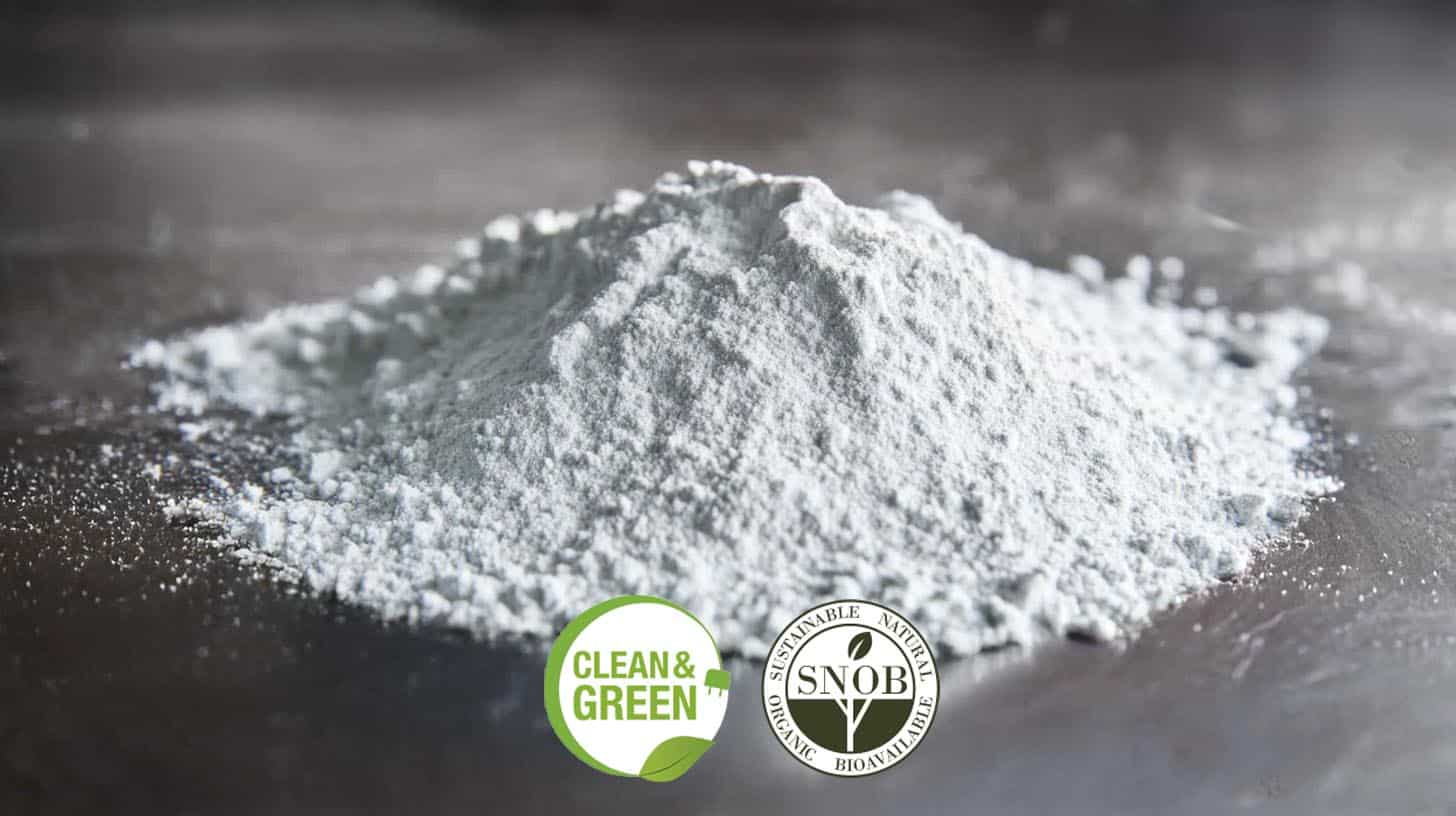Ingredient Overview
Most CoQ10 is fat-soluble, making it difficult to incorporate into beverages and water-based formulations. United BioScience’s AbsoluteNano™ technology makes our CoQ10 water-soluble, improving absorption and stability.
Why United BioScience’s CoQ10?
- Water-Soluble Technology for seamless integration into RTM powders, gummies, and shots.
- Improved Bioavailability for better nutrient delivery and performance.
- Clean-Label Solution — No soy emulsions, solvents, or synthetic additives.
- Pure & Potent: Ultra-clean processing ensures high purity and stability.
Eco-Friendly Production:
Our CoQ10 is sustainably sourced and processed using CO₂ extraction, eliminating the need for harmful solvents and reducing the carbon footprint.
Traceability You Can Trust:
We partner with certified organic farms to ensure ethical and sustainable sourcing, providing full traceability for every batch.
Watch AbsoluteNANO™ Powder Dissolve
Formats

Gummy

Tablet

Mix Sticks

Beverage
Benefits of CoQ10

Antioxidant

Metabolism

Blood Sugar

Energy Boost

Liver Health

Cognitive Boost

Muscle Function
Active Compounds
Coenzyme Q10 (Ubiquinone) and Ubiquinol standardized in GRAS Cyclodextrin.
Mechanism of Action
CoQ10 functions as a coenzyme in the electron transport chain within mitochondria, playing a crucial role in ATP (energy) production. It also acts as a powerful antioxidant, protecting cells from oxidative damage by neutralizing free radicals. Additionally, CoQ10 helps regenerate other antioxidants like Vitamin E and supports cardiovascular and muscle function by maintaining cellular energy levels.
Downloads
CoQ10 – Water Dispersible Powder
Details
|
Botanical Name |
CoQ10 |
|
Suggested Use |
Food, Nutraceutical, Cosmetics |
|
Forms Available |
Powder, capsules, or liquid |
|
Potencies | |
|
Packaging Sizes |
1 kg, 5 kg, and 20 kg |
|
CAS Number |
N/A |
|
Origin |
USA |
|
Method |
N/A |
|
Solubility |
N/A |
|
Cultivation |
Conventional, Organic |
|
Plant Part |
N/A |
|
Appearance |
N/A |
|
Shipping Restriction |
None |
|
Shelf Life |
24 months under proper storage conditions. |
Dosage Guidelines
Nutraceutical
Capsules/Tablets: 100 mg to 300 mg daily. Powder: 50 mg to 200 mg per day, mixed into smoothies or beverages. Softgels: 100 mg to 300 mg daily with a meal for better absorption.
Topical
Creams/Serums: 0.3% to 2% CoQ10, applied once or twice daily. Lotions: 0.1% to 1%, used as part of a daily skincare routine. Face Masks: 0.5% to 2%, applied weekly for antioxidant and anti-aging benefits. Lip Balms: 0.1% to 0.5%, used daily for hydration and protection.
Nutraceutical
Cardiovascular health capsules and tablets. Energy-boosting supplements. Antioxidant formulations. Muscle recovery powders and softgels. Liver health support supplements.
Functional Food
Add to dairy products, cereals, juices, plant-based milks, and snack bars for energy, cardiovascular support, and antioxidant benefits.
Cosmetic
CoQ10-infused formulations for anti-aging and antioxidant skin protection.
Backed By Science
CoQ10 has been extensively studied for its role in cellular energy production, particularly its function in the electron transport chain to generate ATP and support mitochondrial health.
CoQ10 has been shown to function as a powerful antioxidant, helping to reduce oxidative stress, protect cells from free radical damage, and support cardiovascular health.
CoQ10 supplementation has been clinically studied for its potential to improve energy metabolism, enhance muscle function, and support overall heart health, particularly in individuals with declining natural levels.

